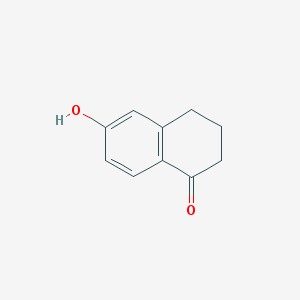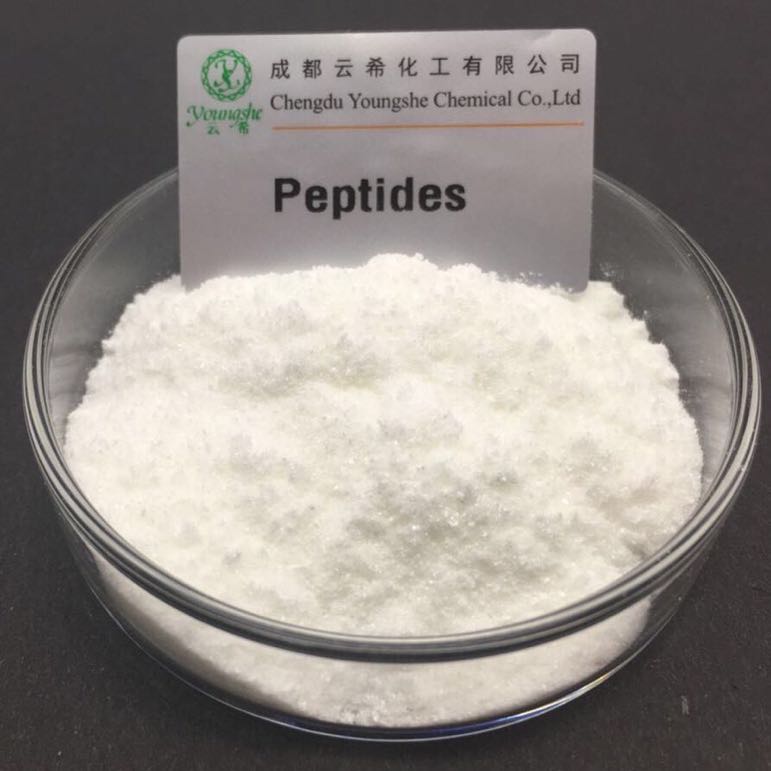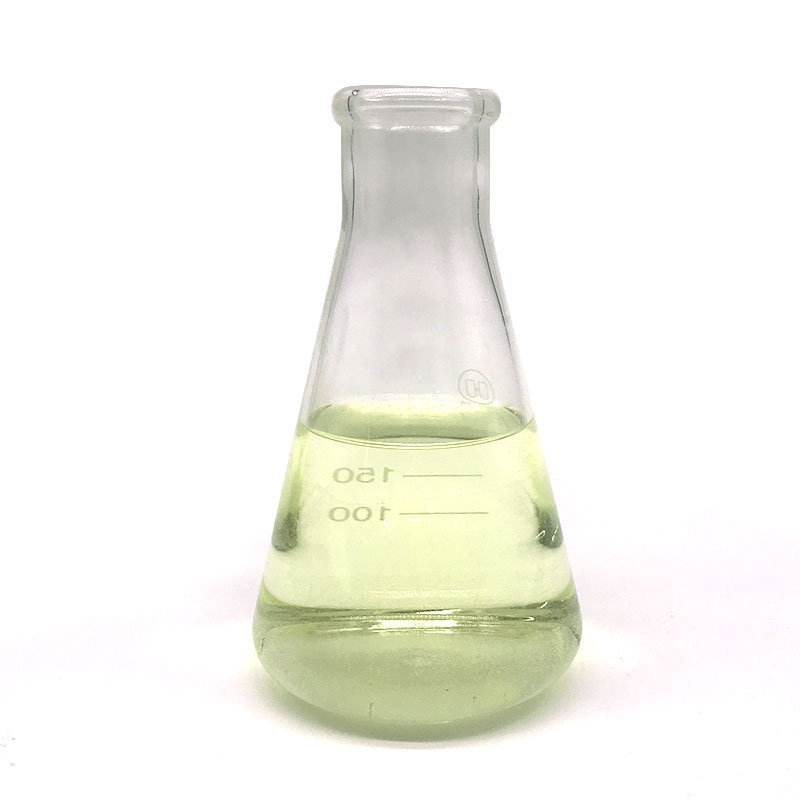How to treat the advanced stage of liver cancer?
-
Last Update: 2020-01-22
-
Source: Internet
-
Author: User
Search more information of high quality chemicals, good prices and reliable suppliers, visit
www.echemi.com
The latest NCCN guidelines for the treatment of advanced liver cancer are recommended to answer the common questions of patients and their families This is the latest US NCCN guideline for the treatment of advanced liver cancer, including treatment for patients with initial treatment and relapse of drug-resistant diseases Most of the drugs were introduced in the articles before the official account Most of them also had India original research medicine or India / Bangladesh generic drugs It can be seen that the optimal solution is sorafenib and lovatinib, which is the standard first-line treatment The recommendation of sorafenib is 1, and that of lovatinib is 2A My friends who often pay attention to me should know that the clinical trial effect of lovatinib is much better than that of sorafenib, but considering that lovatinib is not available soon, NCCN, out of caution, did not give the highest recommendation In addition, sorafenib can also be used in patients with decompensated cirrhosis at CPTB level, but the following notes also indicate that the safety data is incomplete, so you should be very careful when using the drug In addition, the first treatment patients can also use systemic chemotherapy, but the recommendation is very low, only 2B, is not the best recommendation, so in the case of cheap generic drugs, chemotherapy is not recommended for liver cancer patients It can be seen that the three treatment schemes with the highest recommendation are regafinil, cabotinib and ramolumab, all of which have a recommendation of 1, the highest recommendation Ramolumab is only recommended for patients with AFP of more than 400ng / ml Here's a note The data of these three schemes are obtained from the patients who are resistant to sorafenib, which is also normal, because the market of lovatinib is not long ago, and the research after the resistance of lovatinib is not much In addition, we can see that in the patients with drug-resistant relapse, the other three options are Napo / opdyta / O, sorafenib and paytruda / K, which I have introduced before respectively Among them, the recommendation degree of the latter is only 2B, lower than that of the latter, so it is not recommended Sorafenib is used after the first line of lovatinib resistance There is a note here Whether sorafenib or lovatinib is used after one resistance, there is no data support for the other, so there is no way to guarantee the effect and safety, only to try, of course, the recommendation is not the highest Obviously, in NCCN guidelines, it is specially emphasized that there is no data support for this drug regimen, and the recommended degree is not the highest The efficacy and safety of this treatment regimen cannot be guaranteed, and it is generally not recommended Many doctors will ask liver cancer patients to do genetic testing, and then determine the treatment plan of liver cancer according to the results of genetic testing, which is very wrong Because there are many targets for liver cancer targeting drugs, taking lovatinib as an example, there are 10 targets including VEGFR1 / 2 / 3 / 3, FGFR1 / 2 / 3 / 4, PDGFR α, kit, RET, among which VEGFR, FGFR, PDGFR, etc are all 100% expressed by tumor cells without gene detection, and NCCN's latest guidelines do not have any requirements for detection The cost of gene detection is relatively high, especially the detection of multiple targets, and there may be errors Therefore, whether the targeted drugs for liver cancer are effective or not should be judged directly according to the situation after the drug is used If the doctor insists on letting the patient do the detection, it means that the doctor does not understand the pharmacology, but just lets the patient spend money.
This article is an English version of an article which is originally in the Chinese language on echemi.com and is provided for information purposes only.
This website makes no representation or warranty of any kind, either expressed or implied, as to the accuracy, completeness ownership or reliability of
the article or any translations thereof. If you have any concerns or complaints relating to the article, please send an email, providing a detailed
description of the concern or complaint, to
service@echemi.com. A staff member will contact you within 5 working days. Once verified, infringing content
will be removed immediately.







